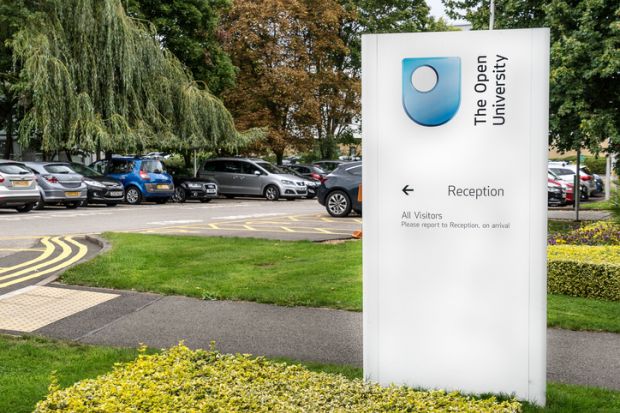The Open University has signed an agreement that guarantees permanent contracts and a pay rise for its 4,000 associate lecturers.
The distance learning institution originally agreed to provide associate lecturers, who are traditionally on casualised contracts and therefore forced to reapply for their jobs annually, with job security and a pay increase in 2018, after five years of negotiations with the University and College Union.
This was due to come into force in October 2021, but the OU said in March that it did not have the right systems or capacity in place to implement the contracts successfully.
On 7 July, UCU announced that the OU had signed a “legally binding agreement” that would mean the associate lecturers would benefit from the main elements of the permanent contract until it comes into full force in August 2021.
From October 2021, they will be entitled to a 10 to 15 per cent pay rise, an annual salary – rather than losing out on pay over the summer as they do on their current contracts – and a guarantee of no redundancies.
The UCU said that the contract agreement was a crucial step in ending casualised work, which it has long campaigned for, “particularly the constant need to reapply for teaching work even after years of employment”. It also means that associate lecturers can demonstrate regular income and job stability for rental and mortgage applications.
OU UCU branch president Caitlin Adams said that the new contracts would be “absolutely life-changing for our members”.
UCU general secretary Jo Grady said it was “a significant moment which is down to a sustained and monumental effort from UCU staff and members who haven’t shied away from demanding security for associate lecturers”.
“The Open University is the biggest undergraduate university in the UK, so this contract agreement is a benchmark for the whole sector. This sets an example other universities must follow,” she said.
“They must commit to working productively with UCU to address the moral stain of precarious work and low pay in the sector. There is no excuse for vice-chancellors choosing not to do this; university finances across the sector are very strong, and it is imperative they halt the gig economy approach that is damaging higher education.”




